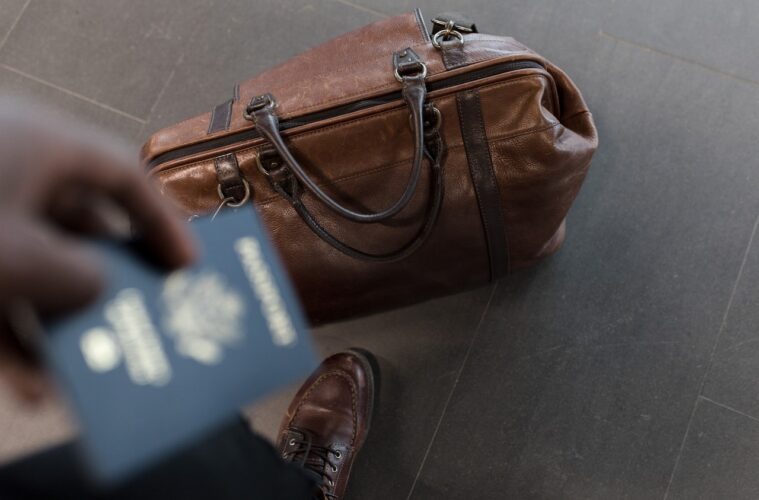Every company, regardless of its size or industry, may face the need for business travel at one point or another. Whether it’s sending your sales team to client meetings or taking your entire staff on a group charter vacation, having a solid business travel policy in place is essential. But without a well-structured policy in place, business travel can quickly become costly and disorganized. This blog post discusses creating a business travel policy that works for your organization.
Assessing Your Company’s Travel Needs
The first step in developing an effective travel policy is assessing your company’s needs and analyzing your travel habits and expenditures. To achieve this, ask yourself the following questions:
- How often do employees travel for work?
- What types of trips are typically taken (e.g., client meetings, conferences, events)?
- How do employees arrange their transportation and accommodation?
- What are the total annual costs associated with business travel?
A thorough analysis of these aspects will help you identify areas where you can save money or improve efficiency without sacrificing employee satisfaction or productivity.
Developing Your Policy
Once you have assessed your company’s travel needs and analyzed your current practices, it’s time to develop a customized policy that addresses those needs while staying within budget constraints.
- Define guidelines for transportation: Include guidance on when employees should opt for air travel versus other forms of transportation, such as trains or rental cars. Consider promoting the use of group charters in appropriate situations to save costs and facilitate team bonding.
- Set per diem rates and reimbursement policies: Establish daily allowances for meals, lodging, tips, and incidental expenses based on the destination cities’ cost of living indices. Clarify what expenses are reimbursable and require documentation (e.g., receipts, invoices).
- Address accommodation preferences: Provide guidelines on preferred types of accommodations (e.g., hotels, Airbnb, or shared workspaces with lodgings) and establish a cap on nightly rates. Encourage employees to stay within the company’s approved accommodation network to take advantage of negotiated discounts and perks whenever possible.
- Manage frequent flyer miles and rewards: Develop a policy regarding frequent flyer miles, hotel points, and other travel rewards programs accrued during business trips. Determine if employees can use these benefits for personal travel or if they should be utilized only for future business travel.
- Ensure duty of care compliance: Outline your company’s responsibilities in ensuring the safety and well-being of its employees while they travel. This includes providing detailed health and safety guidelines, access to insurance coverage, emergency support services, and security risk assessments for high-risk destinations.
- Define approval processes: Establish clear lines of authority for approving travel arrangements and ensure that necessary approval is obtained before bookings are confirmed. Appoint designated approvers or implement an automated approval system to streamline the process while maintaining control.
- Empower employees to make smart choices: Encourage your staff to seek value-for-money options when booking flights or accommodation and use company-approved booking tools to make the process efficient.
- Hospitality Logistics: Emphasize efficient planning of accommodation, transportation, and catering from a quality and cost-effective perspective.
Communicating the Policy to Employees
Creating an effective policy is pointless if your employees are unaware of its existence or unsure how to follow it. Communication is crucial to ensure your team fully understands the policy.
- Company-wide Announcement: Share the policy with all employees in written form, such as an email or intranet post.
- Presentations for Specific Teams and Departments: Hold tailored presentations addressing unique requirements and highlighting important aspects of the policy.
- Travel Policy Handbook: Produce a detailed handbook containing all guidelines and distribute it amongst employees.
- Training Sessions: Train new hires on your travel policy and organize refresher courses for existing employees.
The steps detailed in this guide serve as a blueprint for businesses looking to create an ideal travel policy. It strikes the right balance between cost-effectiveness, efficiency, and employee satisfaction.


